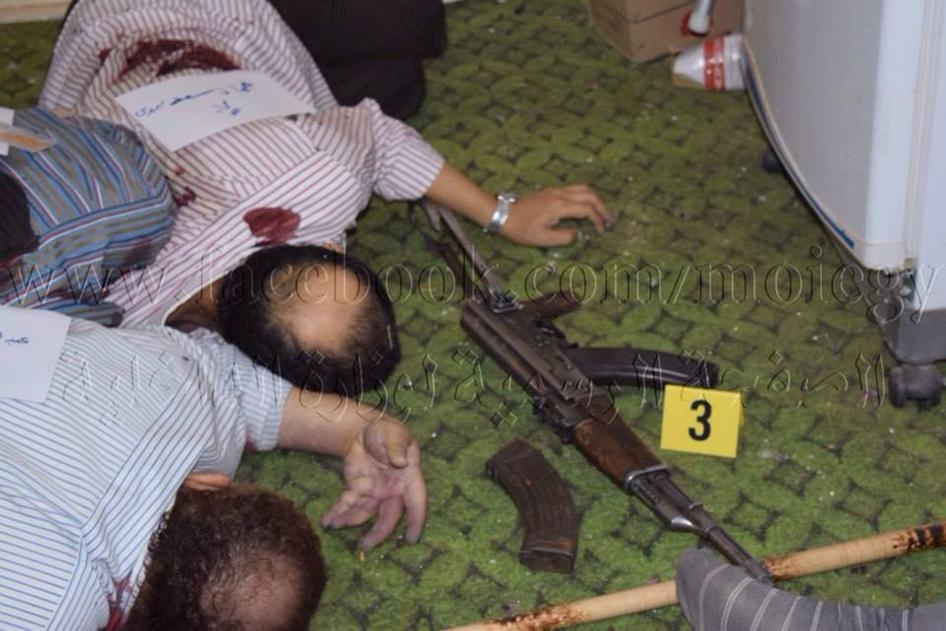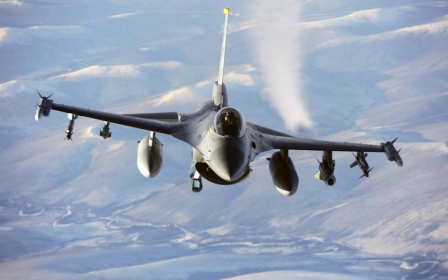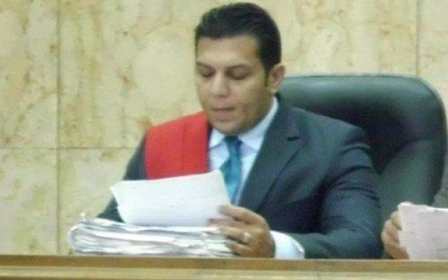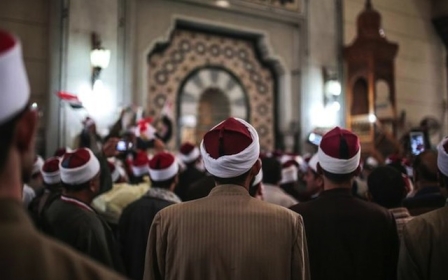Egypt killing of 9 Brotherhood leaders possible extrajudicial executions, says HRW

The killing of nine Muslim Brotherhood members on 1 July by Egyptian security forces may have been extrajudicial executions, according to Human Rights Watch.
The New-York based watchdog released a report on Friday that included testimony from 11 relatives and witnesses to the incident who accused the security forces of torturing and killing the nine Muslim Brotherhood members.
“If these were extrajudicial executions, it would signal a new level of lawlessness on the part of Egyptian security forces,” said Joe Stork, deputy Middle East director at Human Rights Watch.
“As more information emerges, it is clear that the authorities have a lot of explaining to do as to how and why their forces killed nine men on 1 July.”
Egypt’s Interior Ministry announced at 8pm local time on 1 July that their forces had been shot at by the nine men and had returned fire, killing them. A pro-government newspaper had earlier reported that the security forces had “liquidated” the Brotherhood leaders.
Relatives of the men told Human Rights Watch that they had been members of a committee to support families of Brotherhood members who have been killed or imprisoned in a widespread crackdown against the group carried out by President Abdel-Fattah al-Sisi.
They said there was no evidence of there having been a shootout as described by authorities – no bullet casings, bullet marks or blood stains were found at the scene.
The nine men were described by the rights group as being “mid-level Brotherhood officials” who were on the run from security forces. Tens of the thousands of people have been jailed and hundreds sentenced to death in Sisi’s crackdown against Brotherhood members.
Relatives of the nine victims told Human Rights Watch harrowing details of the injuries suffered by the men.
Osama Ahmed Abd al-Fattah al-Husseini, 56, was “shot seven times in his chest and torso and had about five stab wounds in his left shoulder,” according to his son, who saw the body in the morgue.
Husseini’s “right arm was “totally shattered” between the elbow and wrist, the son said, and he could see bone protruding.”
The son of 49-year-old doctor Hisham Zaki al-Mahdi Khifagy said he saw “a wound from a bullet that had entered the back of his father’s head and exited through his jaw, and another that entered his right upper back and exited lower, from the right side of his chest.”
The son said “it seemed as if his father had been shot from above and behind.”
Prosecutors are keeping autopsy reports on the deaths of the nine Brotherhood leaders secret, Human Rights Watch said. On the night of the killings authorities arrested nine journalists who went to the Zeinhom Morgue to cover the arrival of the bodies – they were later released but they have since re-arrested three of the journalists.
“The government’s account of what happened on 1 July raises serious doubts and concerns,” Stork said. “President al-Sisi’s mantra about Egypt’s independent judiciary rings hollow in the face of the failure of the Prosecutor General to open an independent investigation.”
New MEE newsletter: Jerusalem Dispatch
Sign up to get the latest insights and analysis on Israel-Palestine, alongside Turkey Unpacked and other MEE newsletters
Middle East Eye delivers independent and unrivalled coverage and analysis of the Middle East, North Africa and beyond. To learn more about republishing this content and the associated fees, please fill out this form. More about MEE can be found here.




